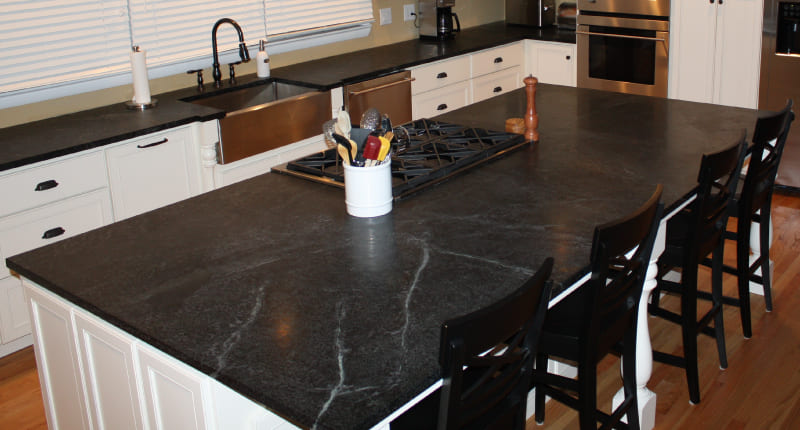When renovating a kitchen or bathroom, selecting the right material for countertops is a crucial decision. Among the various options available, dolomite countertops have gained popularity for their aesthetics and durability. However, as with any material, there are both advantages and disadvantages to consider. This article explores the pros and cons of dolomite countertops to help homeowners make an informed choice.
Pros of Dolomite Countertops
1. Durability: Dolomite is a sturdy material that stands up well to daily wear and tear. It is harder than marble, making it more resistant to scratches and chips. This durability makes dolomite an excellent choice for high-traffic areas like kitchens.
2. Aesthetic Appeal: Dolomite countertops offer a striking visual appeal with their rich colors and veining patterns that are similar to marble. This makes them a preferred choice for homeowners looking to add a touch of elegance to their interiors.
3. Heat Resistance: Dolomite is relatively heat resistant, which is a beneficial property for kitchen countertops. It can withstand moderate temperatures, making it safe to place warm pots and pans on its surface without fear of damage.
4. Cost-Effective: Compared to other natural stone options like granite and marble, dolomite tends to be more cost-effective. This makes it a good option for homeowners who want the luxury of natural stone without the higher price tag.
Cons of Dolomite Countertops
1. Porosity: Despite its durability, dolomite is still porous. It requires regular sealing to prevent stains and moisture absorption. This maintenance can add to the long-term cost and effort required in keeping the countertops looking their best.
2. Limited Resistance to Acids: Dolomite is susceptible to etching when exposed to acidic substances like lemon juice or vinegar. Homeowners need to be cautious and promptly clean any spills to avoid damage to the countertop’s surface.
3. Weight: Like most natural stones, dolomite is heavy, which can be a limitation in certain installations. Additional support may be necessary to ensure the structural integrity of the cabinets and flooring beneath.
4. Availability and Variety: While dolomite is beautiful, it may not offer as wide a variety of colors and patterns as other materials. This can be a drawback for homeowners looking for specific hues or unique designs.
Conclusion
Dolomite countertops are an attractive and durable choice for both kitchens and bathrooms. They provide a cost-effective alternative to more expensive materials like marble while offering similar visual appeal and increased durability. However, the need for regular maintenance and careful handling of acidic substances can be seen as downsides. Homeowners considering dolomite should weigh these factors against their lifestyle and design preferences to determine if dolomite is the right material for their home renovation project. By understanding both the pros and cons, you can make a choice that best suits your needs and expectations.


